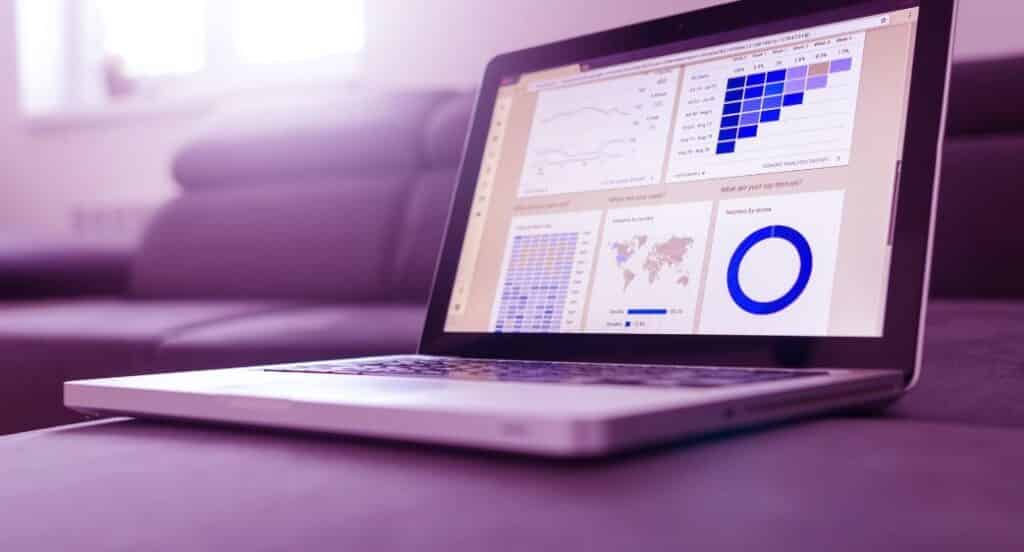The Good, the Bad and the Ugly of the Data Economy

The data economy is something that can’t be ignored any longer. Put simply, businesses can gather data about you so they can try to sell you their products and services. Various organizations can also use data about you to learn quite a bit about you, and then use that knowledge to make profits.
What are some of the pros and cons of the data economy? Below is some information that can help shed light on this topic.
The Pros of the Data Economy
Those who support the data economy state that it can provide various benefits to people and businesses. For instance, by collecting and utilizing data on individuals, companies might figure out ways to improve what they’re offering so they can meet the needs of consumers more effectively. And data might also help with efficiency as well, helping businesses do more while wasting less.
Consumers might not mind having their data tracked, collected, and used if it means they will be shown advertisements for products and services that are relevant to them. When they are scrolling down their social media feeds, for example, they might find that a product they were interested in buying shows up in the form of a sponsored ad, so they don’t have to spend as much time searching for it themselves. Other consumers, however, might not be too happy to learn that companies don’t only access data on them by asking for it directly but also by tracking them in various ways.
The Cons of the Data Economy
When it comes to reasons why the data economy has drawbacks, a lot of people are uncomfortable with the data economy simply because it involves gathering details about everyone, often without their knowledge or consent. Every time you use the internet, make a purchase on a credit card, or use your smartphone, you may be sharing data about yourself, your buying preferences, and your habits. And when that data is compiled, it can paint quite an accurate picture about who you are. Then, companies might end up using that data to sell to you, such as in the form of targeted ads online.
Basically, the data economy has an impact on your privacy. Even when it comes to people search sites, which are databases of information like contact details and background records, data on others can become super easy to access. Head to Nuwber to test it for yourself: type your name into their search box to see if any listings showcasing your personal data appear.
Want to Keep Your Data Secure?
As you can see, there are pros and cons to the data economy, but if you are concerned about keeping your personal data as secure as possible, the cons might outweigh the pros. In that case, you could take steps to protect your data by using security software, a VPN, and other privacy tools when you are online.
You can also opt out of people search websites so your data won’t be easy to find on those platforms. And you can even request that various businesses, websites, and apps not share your information or sell it to others (always check your settings to see if this is possible). This combination of steps can help increase privacy and security, especially if you are very cautious about where you share information about yourself.